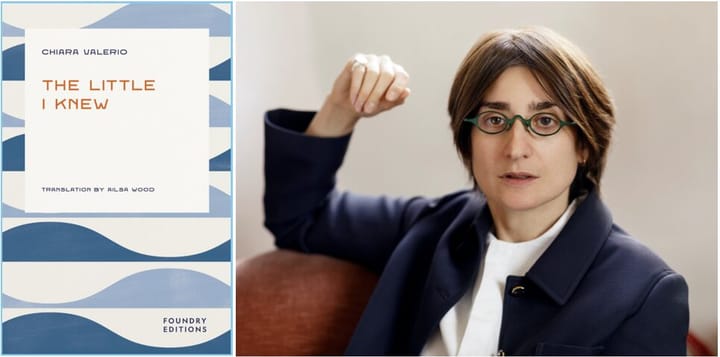ITV News investigation reveals the “devastating impact” of chemsex-related drugs on parts of the LGBTQ+ community
An ITV News investigation has revealed the “devastating impact” of chemsex-related drugs on parts of the LGBTQ+ community, and an “alarming lack” of action in addressing what experts have described as a “silent” crisis. In a new ITVX documentary by ITV News, After the high: Chemsex, beyond the myths

An ITV News investigation has revealed the “devastating impact” of chemsex-related drugs on parts of the LGBTQ+ community, and an “alarming lack” of action in addressing what experts have described as a “silent” crisis.
In a new ITVX documentary by ITV News, After the high: Chemsex, beyond the myths, reporter Sam Leader uncovers the “extreme” harms caused by addictive drugs such as GHB/GBL and crystal meth, which are prevalently used by gay, bisexual, and men who have sex with men (MSM) to enhance intercourse.
The ITV News investigation found that in 2023, police figures show that chemsex claimed three lives a month in London. The Metropolitan Police told ITV News they fear official figures for 2024 will be “the highest on record”. The investigation also found that almost a third of all drug-related hospital presentations at one of the UK’s busiest hospitals involved ‘chems’ and the London Ambulance Service suspects at least one emergency call per day is linked to chemsex drugs.
Healthcare professionals and non-profits warn that the true scale of the problem could be far worse and with no dedicated NHS coding system for these substances, the issue cannot be tracked or funded adequately. Experts stress the need for urgent action to improve education, prevention, and intervention strategies.
The report features the tragic account of Tahir’s father, who lost his 27-year-old son to a chemsex-related overdose. Speaking anonymously, he describes how his son, a confident and successful young man, struggled in silence with addiction. “To spend his last hours alone, with no one to care for him… I feel like I let him down.”
According to ITV News, Tahir’s case “highlights the stigma surrounding chemsex, preventing individuals from seeking help due to fear of judgement.”
Dr Naomi Fitzgerald, a sexual health consultant at King’s College Hospital, warns of the growing prevalence of these substances. “I would like the NHS to understand the complexity of the issue and how much resource is required to look after these people… I can only speak about this hospital, but I would imagine it’s similar elsewhere. ”
Despite a 2020 government commissioned review recognising the dangers of these drugs, only one of its recommendations has been acted upon. Social psychologist Marc Svensson, founder of You Are Loved, emphasises, “If we can’t evidence the issue, the problem doesn’t exist in the eyes of policymakers.”
Inspector Allen Davis, lead on Project Sagamore at Metropolitan Police, said the “harms present in this space are extreme… they’re not going away… this is a national issue,” calling for intervention to prevent further loss of life.
Outside of London, organisations such as the LGBT Foundation in Manchester are witnessing a surge in GHB-related deaths, with many cases going unreported due to stigma and shame.
Kristian Jackson, a survivor of chemsex-related drug use, shares their experience of overdosing and being placed in an induced coma. Now sober, they are using their story to raise awareness. “I am so sick of opening social media and seeing young gay men dying. More and more people are dying, and nobody is talking about it.”
In response to the ITV News investigation, a government spokesperson said: “We have empowered local authorities through the Public Health Grant to improve drug and alcohol treatment and recovery interventions. We will also continue to work with substance misuse commissioners to improve access to support services for those who use drugs in this context.”





Comments ()